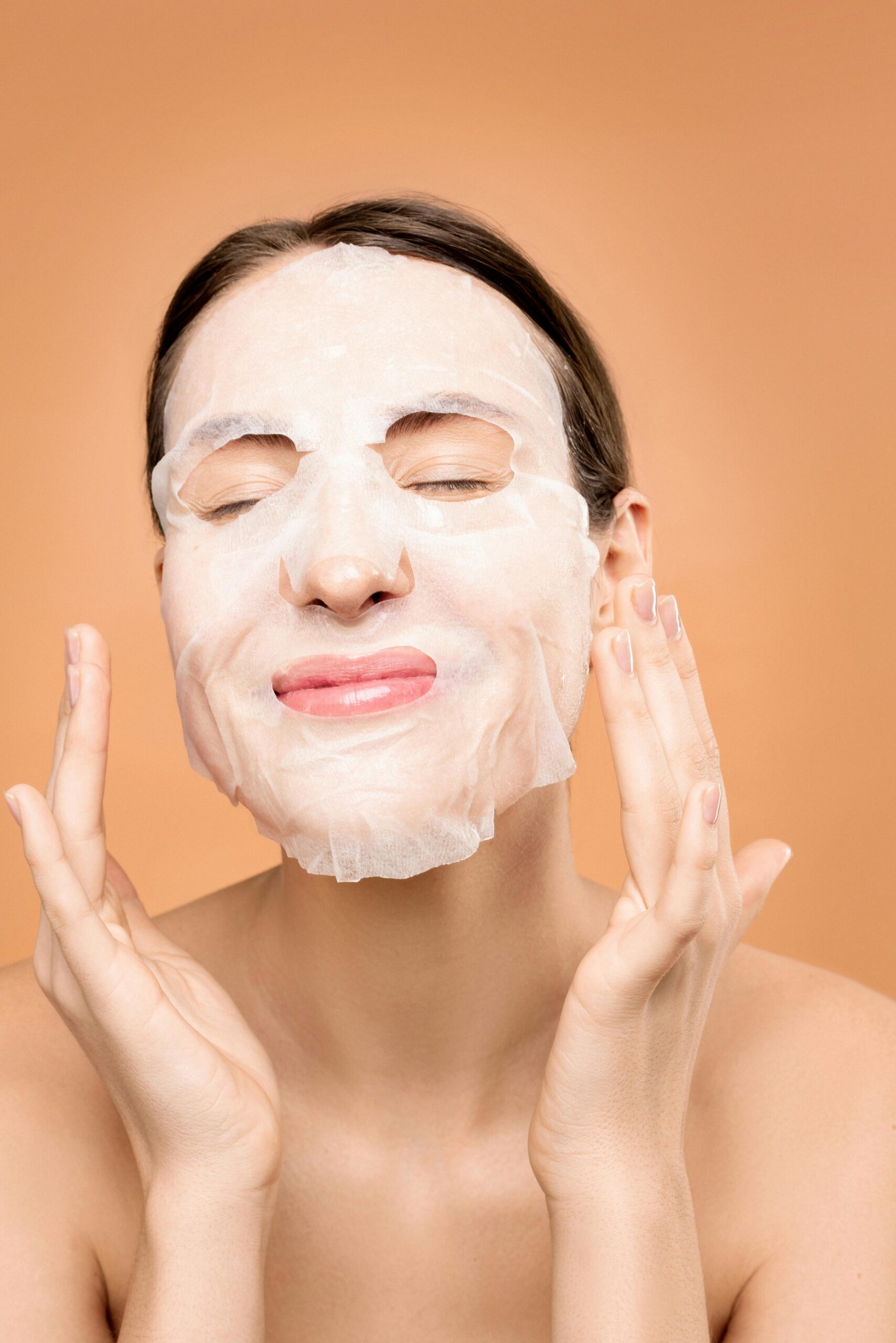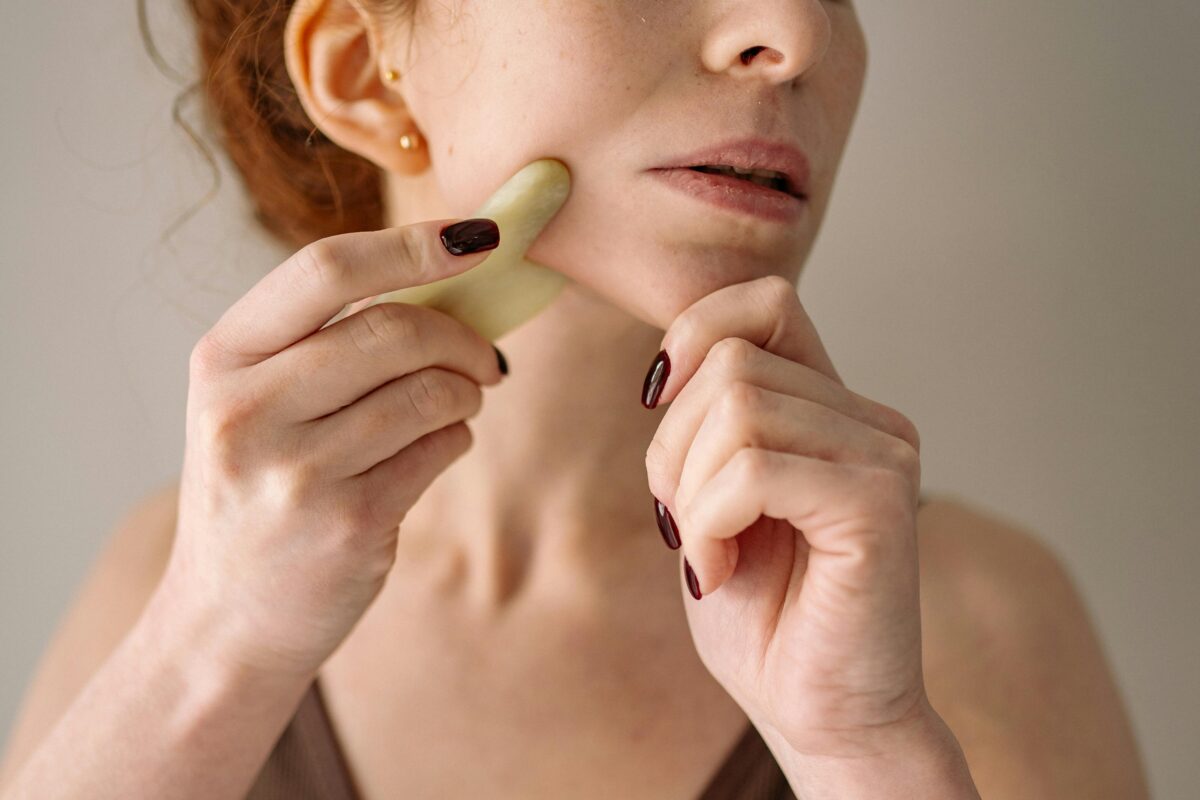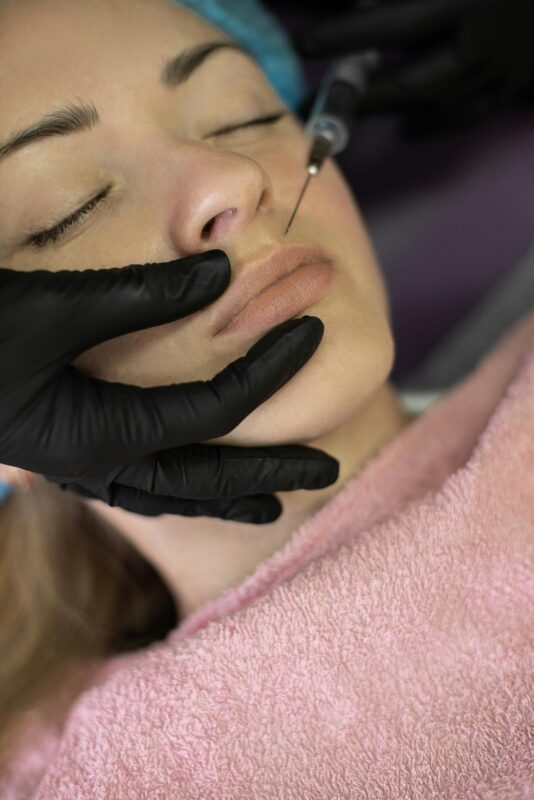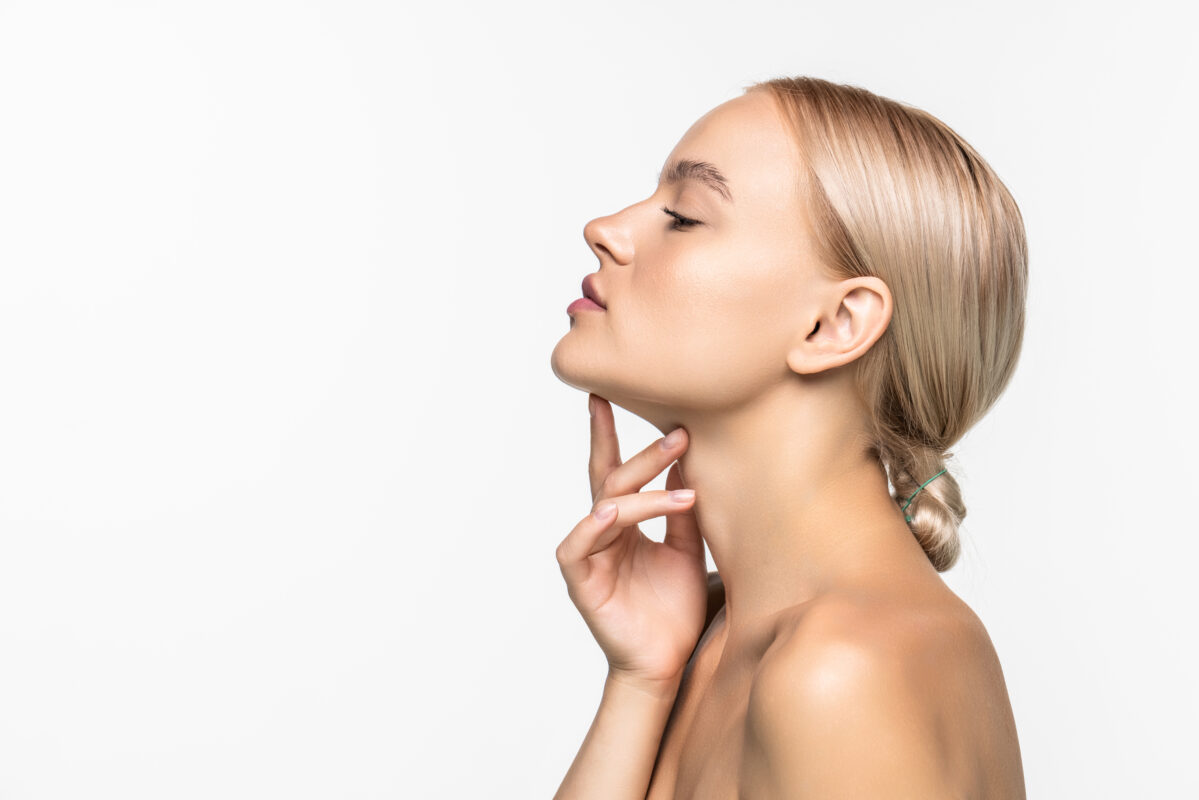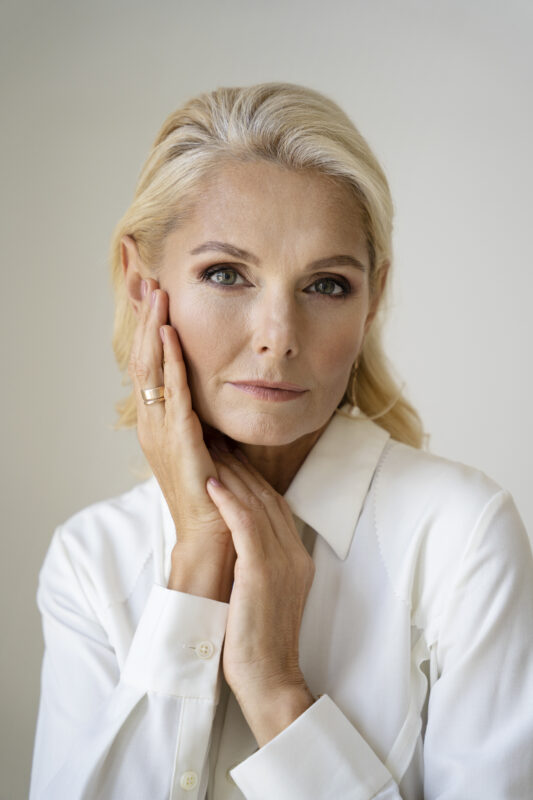In the ever-evolving world of skincare, one goal remains timeless: preserving youthful, radiant skin. Whether you’re in your twenties looking to prevent premature signs of aging or in your forties aiming to minimize wrinkles, the journey to ageless beauty starts with understanding your skin. “Nurture your skin” isn’t just a catchphrase—it’s a proactive, intentional approach to maintaining skin health. This comprehensive guide explores the best anti-aging tips, backed by science and trusted by skincare professionals.
Our skin serves as our first line of defense, shielding us from environmental damage, pollution, and harsh weather. Over time, these elements can accelerate the aging process, making it essential to adopt a holistic skincare regimen. By incorporating preventative habits, choosing the right products, and embracing a healthy lifestyle, you can effectively delay visible signs of aging. Moreover, self-care and mindfulness also play crucial roles in enhancing your skin’s resilience. Through this article, you will discover actionable, science-backed ways to nurture your skin and preserve your youthful glow for years to come. Taking control of your skincare journey is empowering—it’s about enhancing what you already have and allowing your natural beauty to shine through.
1. Prioritize Daily Sun Protection
Sunscreen isn’t just for beach days. Ultraviolet (UV) rays are the leading cause of premature aging, including wrinkles, fine lines, and age spots. Every single day, your skin is exposed to these harmful rays, even when it’s cloudy or you’re indoors near windows.
- Use broad-spectrum SPF 30 or higher every day, even on cloudy days.
- Reapply every two hours if you’re outdoors or sweating.
- Choose formulas containing zinc oxide or titanium dioxide for better protection and minimal irritation.
Why it works: According to the Skin Cancer Foundation, regular sunscreen use can reduce skin aging signs by up to 24%. Sun protection is the single most effective way to maintain youthful skin over time.
2. Incorporate Antioxidants into Your Routine
To nurture your skin and fight aging, antioxidants are non-negotiable. These powerful compounds neutralize free radicals—unstable molecules that accelerate aging and damage your skin cells.
- Use serums containing Vitamin C, E, and Ferulic Acid to brighten and protect.
- Eat antioxidant-rich foods like blueberries, dark chocolate, green tea, and pomegranates for internal support.
Scientific Insight: A study in the Journal of Dermatological Science found that topical Vitamin C reduces wrinkles and improves skin elasticity. By defending your skin from oxidative stress, antioxidants help maintain firmness, glow, and overall skin health.
3. Hydrate From the Inside Out
Moisture is the secret weapon for plump, youthful skin. Dehydration exaggerates fine lines, dulls your complexion, and weakens your skin’s barrier function.
- Drink at least 2 liters of water daily to flush toxins and maintain elasticity.
- Use hyaluronic acid-based moisturizers to lock in hydration and enhance smoothness.
Pro Tip: Combine water intake with water-rich foods like cucumbers, watermelon, and oranges for extra hydration. Proper hydration enhances the effectiveness of your skincare routine and promotes long-lasting skin suppleness.
4. Follow a Consistent Skincare Routine
Consistency is key when it comes to skin health. A nurturing skincare routine reinforces your skin’s barrier, strengthens resilience, and prevents early signs of aging.
Daily routine checklist:
- Cleanser: Removes impurities without stripping natural oils.
- Toner: Balances pH and preps for treatment steps.
- Serum: Targets specific concerns like wrinkles or dark spots.
- Moisturizer: Seals in moisture and maintains balance.
- Sunscreen: Daily defense shield against UV damage.
Night routine: Add a retinol or bakuchiol-based product to promote cell turnover and repair during sleep. Skincare isn’t about trends—it’s about consistency and long-term results.
5. Retinoids: The Gold Standard in Anti-Aging
Retinoids stimulate collagen production, fade hyperpigmentation, smooth fine lines, and speed up cell turnover. They’re considered the most powerful anti-aging ingredients available.
- Start with retinol 0.25% and build up gradually to minimize irritation.
- Apply at night, followed by a hydrating moisturizer to buffer sensitivity.
Clinical Backing: A study in Archives of Dermatology reported significant wrinkle reduction in just 12 weeks of retinoid use source. Patience is key—results improve with consistent, long-term use.
6. Embrace Healthy Lifestyle Habits
To nurture your skin, your lifestyle choices matter just as much as your skincare products. Skin reflects your inner health.
- Get 7-9 hours of sleep per night to support regeneration.
- Exercise regularly to boost blood circulation and oxygenation.
- Avoid smoking and limit alcohol consumption to reduce inflammation.
Why it helps: Poor lifestyle habits accelerate aging by promoting oxidative stress and inflammation, both of which degrade collagen and elasticity. Your daily habits shape your future complexion.
7. Use Gentle, Skin-Friendly Products
Harsh products can strip your skin of its natural oils, compromise the barrier, and trigger premature aging. Treat your skin with care.
- Avoid ingredients like sulfates, parabens, and artificial fragrances.
- Choose gentle, non-comedogenic formulations with soothing ingredients like aloe vera, oat extract, and chamomile.
Tip: Always perform a patch test when trying new products to prevent irritation or allergic reactions. Skin thrives on balance, not aggression.
8. Eat a Skin-Nourishing Diet
Your diet directly impacts how your skin looks, feels, and ages. Nourish your body to reflect beauty from the inside out.
Anti-aging foods:
- Fatty fish like salmon for omega-3 fatty acids and hydration.
- Leafy greens such as spinach and kale for antioxidants.
- Nuts and seeds for Vitamin E and healthy fats.
- Tomatoes for lycopene, which protects against UV damage.
Scientific Note: Research from the American Journal of Clinical Nutrition links a Mediterranean diet to reduced skin aging source. A skin-loving diet supports collagen formation, elasticity, and cell regeneration.
9. Manage Stress Proactively
Chronic stress leads to increased cortisol levels, which can break down collagen, delay wound healing, and worsen inflammatory skin conditions.
Ways to reduce stress:
- Practice mindfulness, deep breathing, or meditation.
- Keep a journal to release emotional tension.
- Engage in creative activities and hobbies that spark joy.
Fact: A study from Psychoneuroendocrinology found stress impairs skin barrier recovery source. Managing stress isn’t just good for your mental health—it directly benefits your skin.
10. Don’t Underestimate Beauty Sleep
Nighttime is when your skin undergoes natural repair and regeneration. Getting quality sleep is a powerful and underrated anti-aging strategy.
- Sleep on a silk pillowcase to minimize friction and prevent creases.
- Elevate your head to reduce morning puffiness and fluid retention.
Insight: Growth hormone released during deep sleep promotes tissue repair and stimulates collagen production. Prioritizing restful sleep gives your skin time to rejuvenate and glow.
11. Exfoliate, But Not Excessively
Exfoliation helps remove dead skin cells, unclog pores, and promote cell turnover for brighter, smoother skin. However, over-exfoliation can cause irritation and inflammation.
- Use chemical exfoliants like AHA (glycolic acid) or BHA (salicylic acid) 2-3 times a week.
- Avoid using harsh scrubs or exfoliating daily.
Tip: Follow exfoliation with a calming serum and moisturizer, and always wear sunscreen to protect the fresh skin underneath. A balanced approach brings the best results.
12. Consider Professional Treatments
Dermatologist-approved treatments can provide deeper results than over-the-counter skincare. These options enhance your routine and address specific aging concerns.
Popular options:
- Microneedling for collagen stimulation.
- Chemical peels to refresh skin tone.
- Laser resurfacing to reduce texture and pigmentation.
- PRP facials for rejuvenation using your own plasma.
Reminder: Always consult with a board-certified dermatologist or licensed aesthetician to determine what’s safe and effective for your skin type.
13. Stay Informed and Adapt
The skincare world evolves rapidly. To nurture your skin effectively, stay informed about new ingredients, credible trends, and research-based innovations.
- Subscribe to dermatology journals or expert-led blogs.
- Follow certified dermatologists and professionals on social media.
- Avoid falling for viral beauty hacks and myths.
Quote to remember: “Your skin is an investment, not an expense.” Staying informed empowers you to make choices that truly benefit your skin.
Conclusion
Aging is natural, but how you age is within your control. By choosing to nurture your skin daily, you empower yourself to look and feel your best at every stage of life. From wearing sunscreen religiously to embracing antioxidants and managing stress, every small step contributes to long-term skin health. Remember, consistency, education, and self-love are your strongest allies in the journey to ageless beauty.
In a world where beauty standards constantly shift, nurturing your skin should always be about what makes you feel confident and healthy. Rather than chasing perfection, focus on building habits that enhance your skin’s natural vitality. Whether you’re introducing retinoids or prioritizing beauty sleep, every intentional choice supports your skin’s longevity. Let your skincare journey be rooted in empowerment and authenticity. As you integrate these anti-aging tips, celebrate your progress and appreciate the skin you’re in—because glowing skin is always in style. Aging gracefully means honoring your natural rhythm and embracing self-care as an essential part of your life. Your skin tells your story—make it one of health, confidence, and timeless radiance.
FAQs
- When should I start using anti-aging skincare? Start in your mid-20s to early 30s as a preventive measure.
- Is it too late to start an anti-aging routine in my 40s or 50s? Absolutely not. Results may vary, but improvements are always possible.
- How long does it take to see results from anti-aging products? Usually, visible improvements appear after 4-12 weeks of consistent use.
- Can natural remedies replace medical-grade skincare? Natural remedies support skin health but should complement, not replace, proven treatments.
- Do anti-aging products work for all skin types? Yes, but formulations should be tailored to your specific skin needs.



